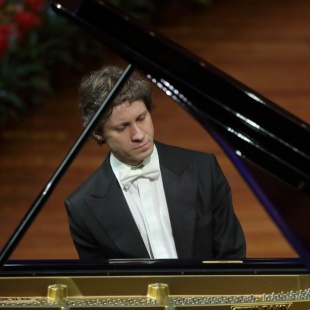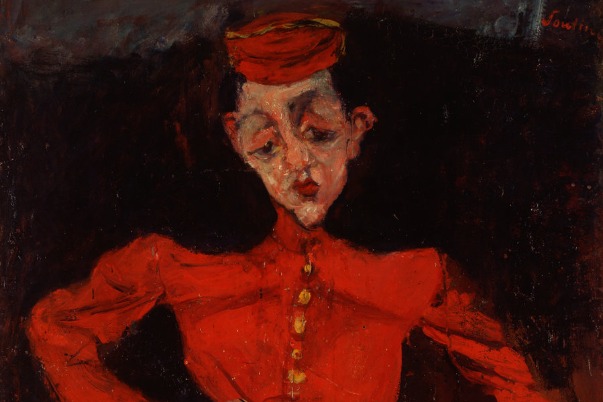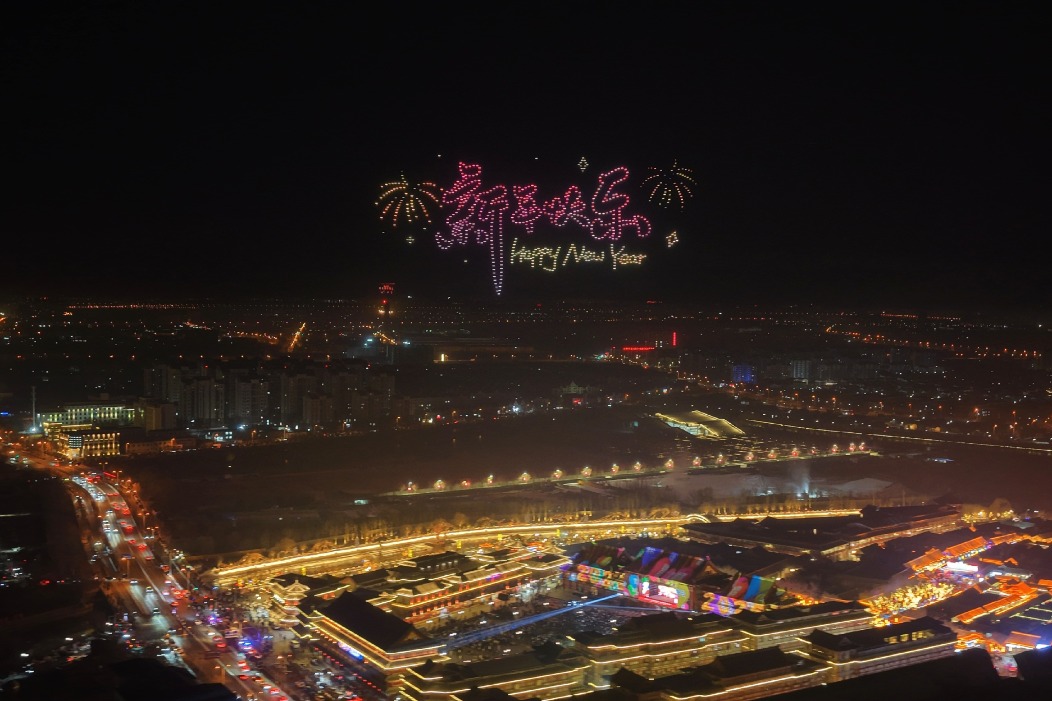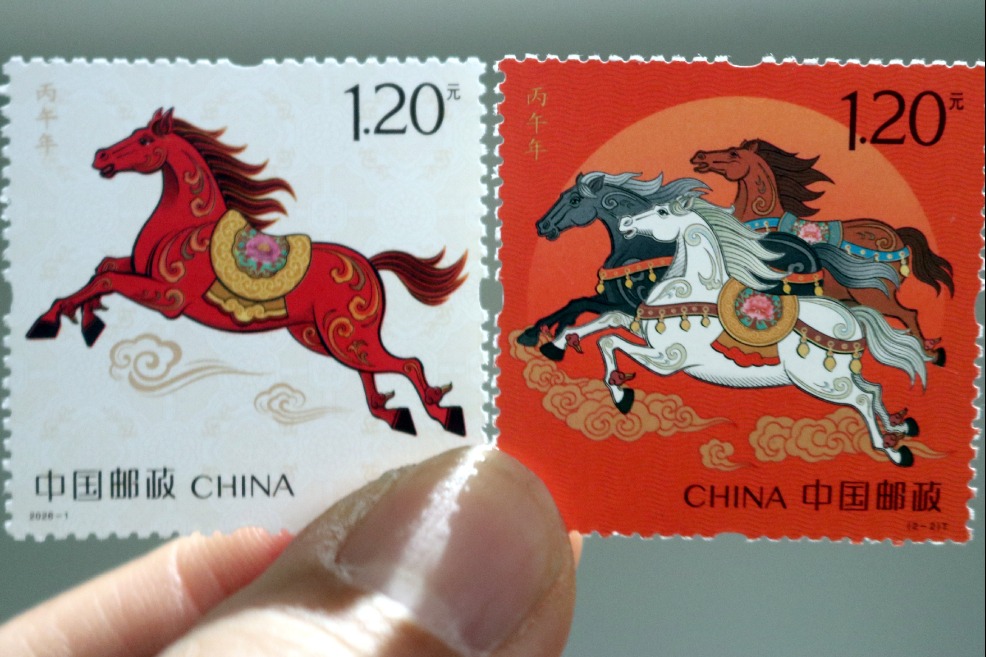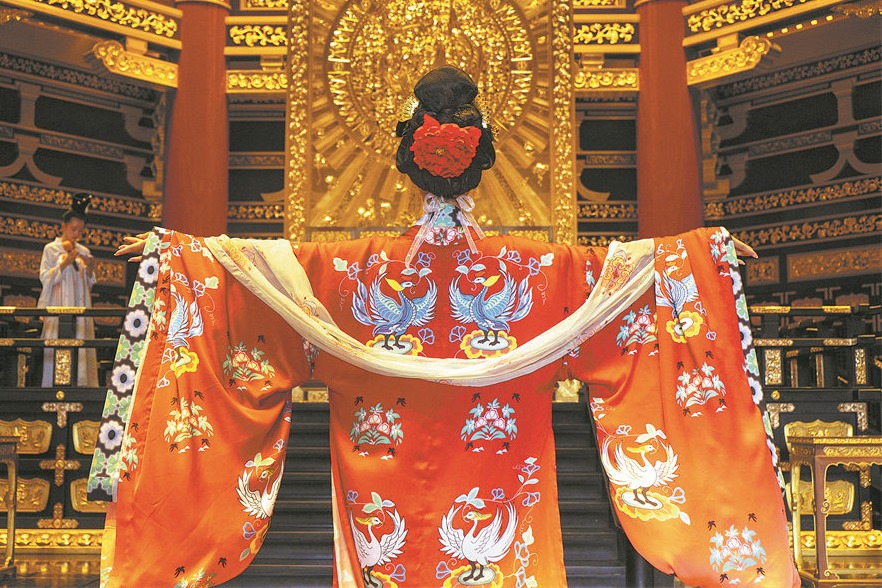Hamburg orchestra in historic visit

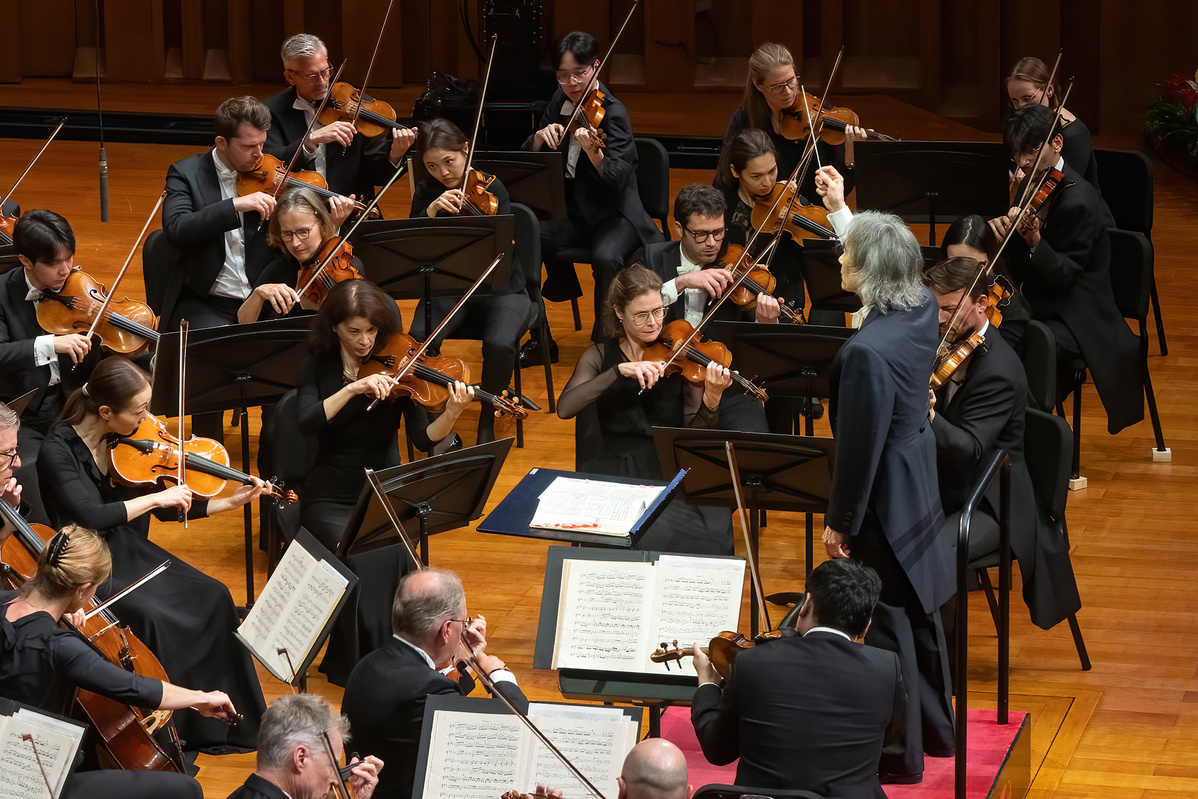
"This tour is not only the orchestra's first visit to China," Nagano said, "but also a symbolic gesture — Hamburg acting as a cultural ambassador".
He emphasized that composers like Bach, Mozart, and Brahms — all featured in the program — are closely tied to Hamburg's musical heritage and to the orchestra's artistic identity.
On Thursday, the second concert commemorated the 255th anniversary of Beethoven's birth, featuring Symphony No 7 and the Piano Concerto No 3. Nagano noted that Beethoven's later compositions reflect the dynamic intellectual and social transformations of Europe, aligning with the Hamburg Philharmonic's historical depth and progressive vision.
Among the program's highlights was the Third Piano Concerto, which Nagano praised for its innovative structure and emotional complexity. He expressed particular excitement about performing it with Rafal Blechacz, the acclaimed Polish pianist and winner of the 2005 International Chopin Piano Competition.
Reflecting on his return to Beijing after a decade, Nagano shared his impressions of the city's transformation. "In just 10 years, the air quality has significantly improved, new energy vehicles are everywhere, and the city is full of vitality," he said.
He recalled walking through downtown Beijing the night before the concert, absorbing the lively restaurant scenes and the energy of the city's youth.
Born in California and shaped by a multicultural upbringing — particularly through his Japanese heritage — Nagano attributes his open-mindedness and multidimensional approach to this rich background. "Music is like a flower — it can be appreciated from different angles, for both its structure and its color," he reflected.
He also emphasized the international composition of the Hamburg Philharmonic. With musicians hailing from 17 different countries, the orchestra, though firmly grounded in German tradition, projects a universal voice through its global sensibility.


